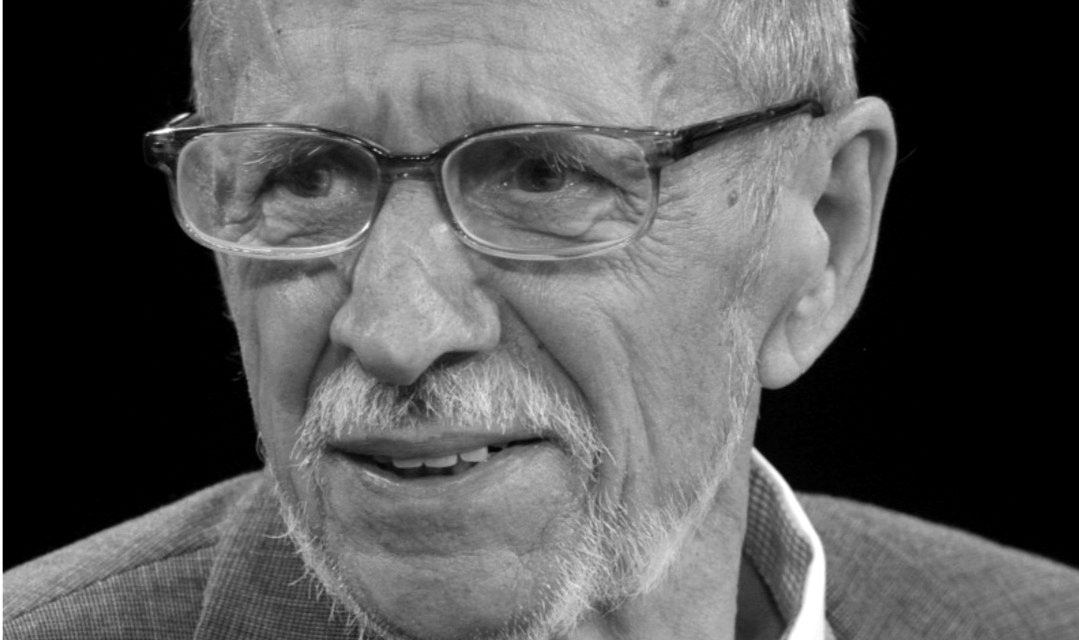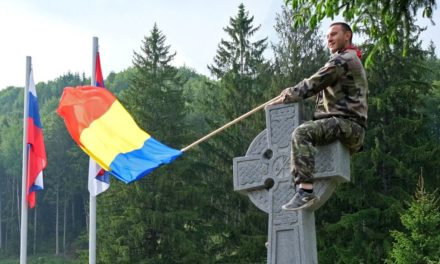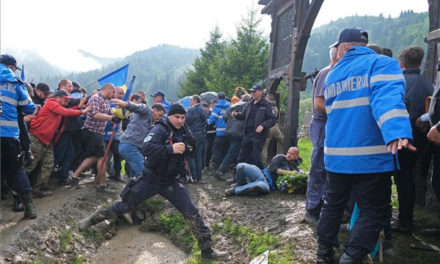He was an authentic chronicler of disgraceful and trying times. He is one of the few in Hungarian literature in Slovakia who was at home in almost every genre apart from the novel. Although he was not accepted by either the general Hungarian or the Slovak Hungarian literary canon (is there such a thing at all?), Sándor Gál did his work unwaveringly, and he was the one, along with József Mács, who was honored by his readership throughout his career - the writer is praised by the Highlands .today .
"The homeland is unique - it cannot be chosen! It is given to man, and he can live in it if he understands its word, if he knows its mysterious beauties. And after so many years, the home, the homeland, has transformed into an inner landscape... This is also evident from the fact that all other spaces and landscapes can be taken away from me, but neither force nor violence can deprive me of this inner landscape except death. And what lies in it is that we ourselves were, are, and perhaps will be. Because both space and time are infinite..."
His poems were quoted in poetry contests, and more than one of them was set to music. In addition to his work as a writer/journalist, De Gál also took part in public life. He was there at the establishment of the Thália Színpad and Keleti Napló in Kassa, at the organization of the Tokaj Writers' Conference, and he also held the position of president of the Csemadok Kassa Regional Committee for many years.
Sándor Gál, as in the quote above, consciously took on the role of chronicling a national minority throughout his life, but he also did much more than that. Not only did he write it down and make it true, but he himself became an integral co-creator. If we look at his work, we can safely say that he is the most prolific and genre-wise the most versatile Hungarian writer in Slovakia.
In 2000, AB-ART Publishing House launched the publication of his collected works, in the first volume he collected his poems, but over the years his narratives, reports, documentary prose, period documents, dramas and other genres of writing have been published. In 2017, in the Hungarian Academy of Arts' Close-Ups on Writers series, Béla Márkus summarizes Sándor Gál's oeuvre, asserting that there are hardly any contemporary artists whose texts have remained as unreflected as his. He received the József Attila Award in 1994, the Madách-Posonium in 2005, the Csemadok Lifetime Achievement Award in 2009, he even received the Hungarian Art Award, and the village of Búcs also made him an honorary citizen, but the Kossuth Award, which he would have deserved so much , never got it.
Sándor Gál has finally found his home. His life's work awaits thorough processing by both the profession and the public.
His article entitled Testimony about the mother tongue:
"We have three words that define the completeness of our existence. The first is the mother's side, the second is the motherland, and the third is the mother tongue. The first is life-giving and life-giving, the second is the scene of our existence, our destiny, our work, our successes and failures, and our future resting place. And what unites these two - the third - is the mother tongue. The fact that our language connected the triple unity of our existence with our mother's word not only means to what extent these three concepts determine our lives, but at the same time it also shines a light on the condensing power and ability of the language, the Hungarian language.
The entire article can be read HERE
Photo: MTI/Attila Kovács













